RESEARCH ADVISORY COMMITTEE (RAC)
Action for A-T’s Research Advisory Committee (RAC) volunteer their time to provide independent advice in ensuring that we invest our funds as wisely as possible and in line with the charity’s mission.
The committee is responsible for advising the board of trustees and Chief Executive of the charity on its research investment and research processes. Members of the committee have a broad range of scientific expertise in areas relating to A-T. There is also lay representation on the committee; Action for A-T supports public and patient engagement in its research processes.
To view our terms of reference please click here.
SCIENTIFIC ADVISOR & RAC CHAIR

Dr Kathryn Johnson
Consultant Neonatologist and Research Lead
Kathryn is a neonatal paediatrician working at the Leeds Teaching Hospitals NHS Trust. The Neonatal Service in Leeds is one of the busiest in the country with 55 beds including 15 intensive care cots. The service provides care to infants with surgical, cardiac, neurosurgical, renal and hepatic conditions including many with rare congenital abnormalities or diseases.
Kathryn is a member of the Scientific Advisory Committee for the rare disease patient network Findacure and has a long standing interest in neonatal/paediatric rare disease. She is committed to supporting research into such conditions with the ultimate aim of improving the lives of babies, children and families. She has a strong research delivery record within the neonatal service and as an executive committee member for the British Paediatric Surveillance Unit has a unique experience and insight into surveillance for paediatric rare disease. Kathryn’s role as Scientific Advisor is to help Action for A-T manage our research grants by monitoring the progress and outcomes of the projects we fund.

Professor David Attwell
Neuroscientist and Jodrell Professor of Physiology at the University College London
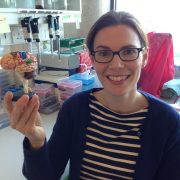
Associate Professor Esther Becker
Professor of Translational Neuroscience at the University of Oxford
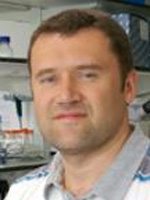
Dr Simon Boulton
Principal Group Leader at The Francis Crick Institute

Dr Lisa Bunn
Associate Professor of Neurological Rehabilitation at the University of Plymouth
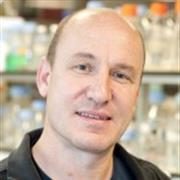
Professor Keith Caldecott
Professor of Genome Stability at the University of Sussex

Dr Richard Kay
Medical Statistician and Honorary Visiting Professor at the School of Pharmacy, Cardiff University
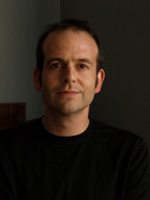
Dr Guy Makin
Senior Lecturer in Paediatric Oncology at the University of Manchester and Honorary Consultant Paediatric Oncologist at the Royal Manchester Children’s Hospital
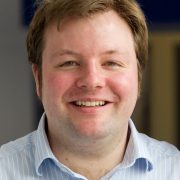
Dr Andrew Prayle
Clinical Assistant Professor at the University of Nottingham
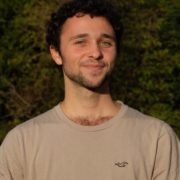
Bruno Salomone Gonzalez De Castejon
Currently completing a PhD with a focus on developing a gene therapy for A-T, University of Bristol

Professor Grant Stewart
Professor of Cancer Genetics, School of Cancer Sciences, University of Birmingham
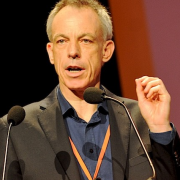
Professor Matthew Wood
Professor of Neuroscience at the University of Oxford, and Director of the Oxford Harrington Rare Disease Centre
LAY MEMBERS
Lay members on the committee do not judge the science of research projects. They assess the importance and impact of the project from a patient representative perspective. They provide viewpoints on proposed research applications in relation to the perceived impact of A-T and the potential benefit for those affected by A-T and their family.

Mr Amandeep Sharma
Patient representative
Amandeep Sharma studied at the University of Leicester and Loughborough University and has a BSc in Biochemistry and an MSc in Information Technology. He works at a large Computer Services company in a Project Management role.
He lives in Leicester and has three children, his two daughters have A-T. He is a patient representative and advocate. He lives with the effects of the condition on a daily basis and knows what the needs are of those who have A-T.

Mrs Clare Gallagher
Patient representative
Clare Gallagher lives in Nantwich, Cheshire and is the parent of Jenni, who sadly died in January 2016, aged 12, from an infection following her final course of chemotherapy treatment for Non-Hodgkinson’s Lymphoma of the Liver. Jenni had Classic A-T and prior to her developing cancer had been relatively well (Clare has three other older children unaffected by A-T)
Clare had been working as a part-time post 16 Teacher and Careers Adviser until Jenni’s final illness in July 2015, when she left work to care for her daughter. Since Jenni’s death, Clare has been volunteering for two local charities and working one day a week at Reaseheath College as a Careers Adviser. She is very passionate about finding treatments or hopefully, one day a cure for this cruel and devastating condition. Because of her own experiences, she is especially keen to see new treatments and support services developed for the children and young people with A-T and their families.


